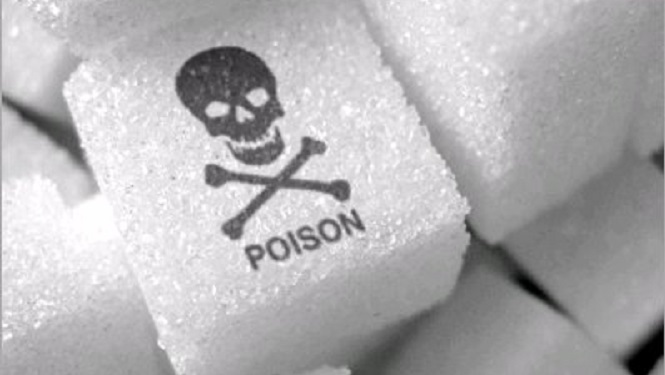Lets talk sugar. While everyone enjoys indulging every once in a while, when does the sugar-consuming become toxic? It all starts from the source; the where it came from. Surplus amounts of sweetener aren’t beneficial to your body no matter the root of the “where”, but keeping refined sugar out of your diet is something to be talked about.
We’ll start with a basic definition here, I find the livestrong.com version to be best:
“Refined sugar refers to sugars that have undergone an extraction and purification process, often turning the finished sugars into crystals that are easy to add to foods. Refined sugar typically refers to table sugar, which is most commonly made from sugar cane and sugar beets. During the refining process, the sugars are processed to the point where the nutrients naturally available in the raw foods — cane and beets — are lost.”
Sounds delicious right? Lets all voluntarily consume processed products that are created with nutritionally void ingredients! To that I say, no! As I’ve said, it all begins with the type of sugar you are choosing to put in your mouth.
Sugar is either naturally found, or refined (ie-processed, as described above). Natural sugars are found in items that have no sugar added to them, but instead already come with a sweet taste! Some examples would be fructose, from the fruit family, and lactose, the type found in milk and dairy products.
When it comes to cooking with sugar, here’s my must-do guide:
If at all possible, try baking and cooking recipes that say “raw” in the title, or “no added sugar”. While it may be a taste transition for some, you’d be surprised how applesauce and black bean brownies can totally fool your family!
When you can’t quite get on board the raw food making train, cook with organic and unrefined, or natural, sugars.
Think: raw sugar, honey, stevia/truvia, and pure maple syrup.
In addition to increasing weight gain and fat stores, sugar intake can really reek havoc on your body.
Here’s a list of some of the negative medical effects of a high sugar consumption:
- tooth and enamel decay
- type 2 diabetes
- decreased effectivity of the immune systems
- lowered cerebral function (aka your brain works slower, leaving you feeling foggy and drained
- decreased quality of red blood cells
- acne
- increased blood pressure
- memory loss
- high cholesterol, leading to heart disease
Sugar is sugar. Whether found naturally or processed, a high amount of any of it is toxic to the human body. I encourage a well-rounded, “everything in moderation” approach to health and wellness. So have that sunday morning donut, choose organic unrefined sweeteners when cooking, and try out some new “raw” recipes; keep your diet and lifestyle balanced to reap the benefits your body will elicit.







